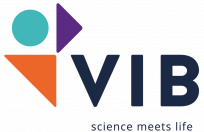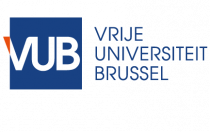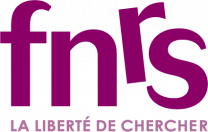Home

Joris Messens
Group Leader
VIB Group Leader, since 2012
PhD: John Moores University of Liverpool, UK, 2003
Research focus
Redox and metabolite signaling are crucial for the proper functioning of the cell. But what are the exact players involved? And by which mechanisms does signaling proceed? The mission of the Messens lab is to find answers to these questions. We aim to identify redox-sensitive proteins and to define the architecture and conformational flexibility of redox-relay signaling complexes. To understand the crosstalk between redox and metabolite signaling, we develop artificial proteins for sensing subcellular metabolic trafficking.
Website design: Joris Messens, VIB-VUB Center for Structural Biology Brussels, Belgium








